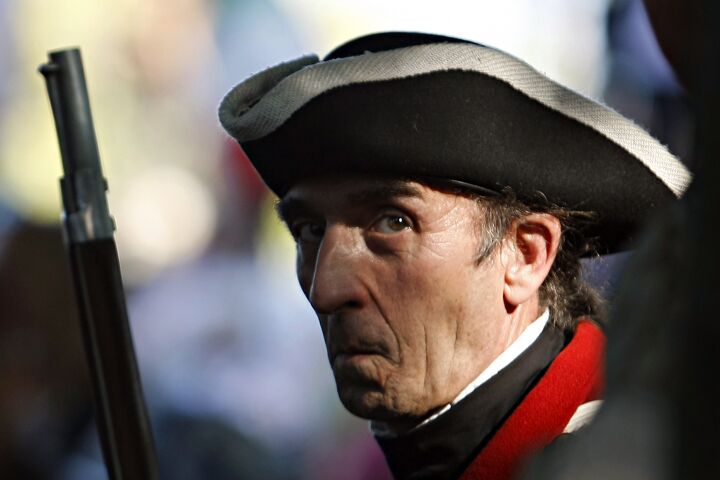
Canada: Destroying Its Own History
This past weekend there was to be a commemoration of the 250th anniversary of the Battle of the Plains of Abraham outside the city of Quebec—a decisive historical event that saw the transfer of sovereignty over France’s colonies in North America to England.
However, earlier in the spring, a group of very vocal French sovereigntists from the province of Quebec threatened to disrupt the reenactment of the battle with a violent protest. As a result, the reenactment was canceled and replaced by an evening of readings of historic documents that were important in Quebec’s history.
Given the name of the event, “Moulin a paroles,” a supposed highlight of the reading session was the restatement of the manifesto of the Front du Libération du Quebec—a 1960s separatist group that fomented the October crisis of 1970 with the kidnapping of British Trade Commissioner James Cross and the kidnapping and murder of Quebec Minister of Labor Pierre LaPorte. As a result of the blatant acts of terrorism, Canada’s then-Prime Minister Pierre Elliot Trudeau invoked the War Measures Act.
What has been missed in all of this is that the original Battle of the Plains of Abraham just outside the city of Quebec in New France on Sept. 13, 1759, had nothing whatever to do with Quebec, per se. It had everything to do with a global conflict that several years later would come to be called the Seven Years’ War. The European conflict that was fought between 1756 and 1763 began in Europe with Prussian King Frederick the Great’s invasion of Saxony, soon drawing in allies on both sides. It involved all the major European powers of the day—pitting Prussia, Britain and a coalition of smaller Germanic states against an alliance of Austria, France, Russia, Sweden and Saxony. Portugal later allied itself with Britain, and Spain supported France. A neutral force from the Netherlands was later attacked in India, of all places! In all, it is estimated that between 900,000 and 1.4 million soldiers died in the war.
The conflict eventually spread to various colonies in the New World. The 15-minute-long battle outside Quebec City was fought by troops from England and France. I don’t believe that any ancestor of any of the sovereigntists was among them.
It seems that the loss of New France to the English 2½ centuries ago has left a bad taste in their mouths.
That the Canadian planners of the reenactment capitulated to threats from contemporary terrorists, who never so much as had to fire a single volley, makes the Moulin a paroles commemoration even more despicable.
This is a country that played heroic roles in crucial battles of World Wars i and ii in the European theater—a country that fielded the fourth-largest standing army in the world following World War ii—a nation that became internationally revered as a peace-keeping force to be reckoned with.
Today, Canada is gasping its last breaths politically, morally, economically and culturally. Its education system is in its death throes, nearing extinction. Most regrettably, its history is being lost, smothered by fear and intimidation coupled with the acidic, degenerative effects of political correctness.
Meanwhile, a statue in honor of British Gen. James Wolfe was unveiled in Calgary, Alberta, on Sunday. The fact that the historic Battle of the Plains of Abraham was reenacted at General Wolfe’s hometown of Westerham, England, makes the event even more surreal.
